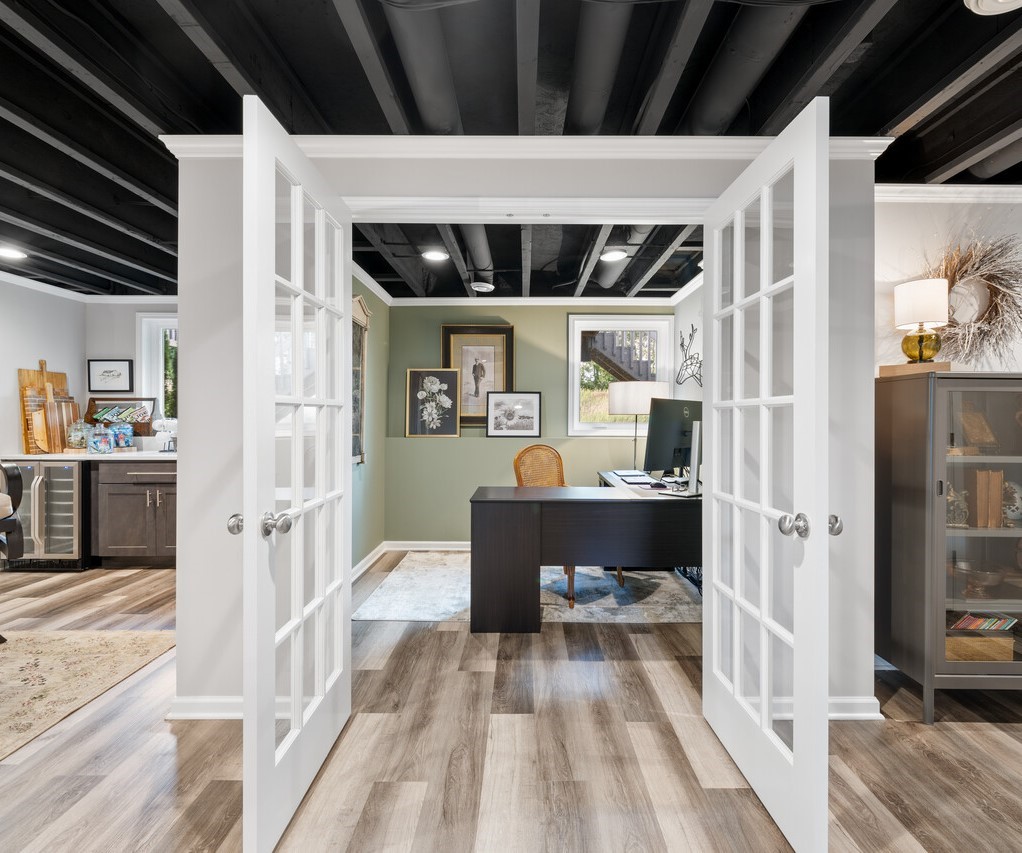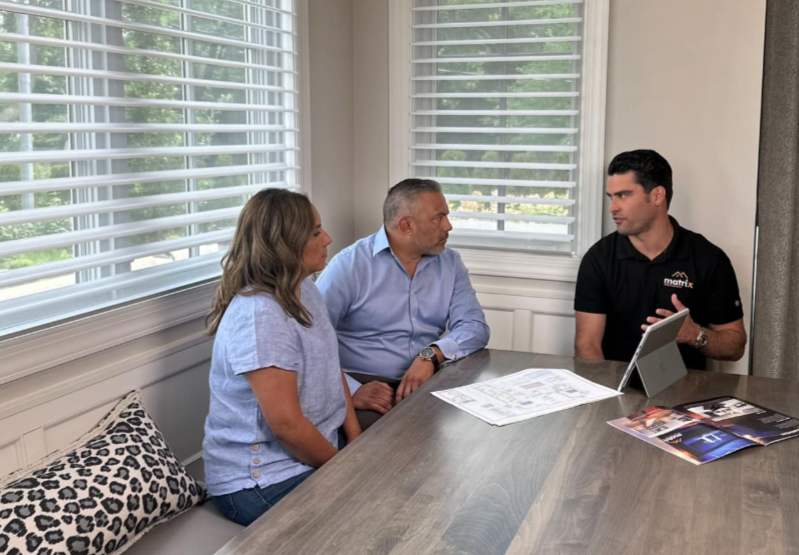A finished basement can become quite an asset to you, but you must take the appropriate measures to make sure that it doesn’t flood unnecessarily. The thousands of dollars that you have spent on your basement finishing and the many hours that you have converted this part of your home into a nice living space - means that you have to do what it takes to make it safe.
The last thing that you want to happen is water or sewage infiltration invading your basement space. A flash flood or even a heavy rain can quickly transform your newly remodeled basement into a moldy scene. Your basement is not finished until you take the preventative measures in order to protect it from flooding. You should put in many protective layers to safely and adequately make your family and property secure.
Before flooding happens, assess your property and look for the correct ways to avert rain water away from the foundation of your home. Extend your gutter and down spouts as far away from the home as possible. Downspouts prevent the roof water from saturating the ground below when connected away from the foundation.
Get rid of all debris in the gutter as regularly as possible. To free the gutter of debris and drain storm water, it is wise to add troughs or extensions. You don’t want your gutter to be blocked at any time because this will result in roof water being dumped right next to the foundation of your home; thus increasing the probability of a flooded basement.
Do an inspection of the exterior of the basement, the walls, and the floors. If you notice any cracks inside or out, you should fill it with a sealer or epoxy. If the problem is more serious, you should contact a professional. Pay close attention to whether there is water accumulation close to your home. If so, seek the help of a landscaper to resurface the yard so that water can be directed further away from the home.
Basement waterproofing systems
One excellent way to take advantage of basement waterproofing systems is to consider a sump pump. This is the first defense against a flooded basement. Remember, that no matter what kind of sump pump you use, it is prone to mechanical problems.
Therefore, you should have a backup system that can be operated electrically and also with the use of batteries. This reduces the chance that your basement will be flooded out. Some systems have alarms that will go off to notify you when the battery operation begins. Be sure that your sump pump is debris-free. If your sump pump is portable, position it closer to the lowest section of the basement.
Be sure you have an emergency generator installed – that will automatically start up during a power outage. If you don’t, then you may come home to a flooded basement caused by frozen pipes or septic tank flooding.
Flood Insurance
Every homeowner should consider adequate flood insurance on their homeowner’s insurance policy. Weather is never the only cause of flooding. Your plumbing system also needs to work well. Pipes can rupture or leak – resulting in a flooded home. So it is always good to have insurance to cover any losses that may be caused.
Last, but not least, be sure to install a vent in the wall of the basement where you think water can run out of such as through the basement windows. Doing so, will greatly lower your insurance cost.
Subscribe to Matrix Basements's Blog







Comments